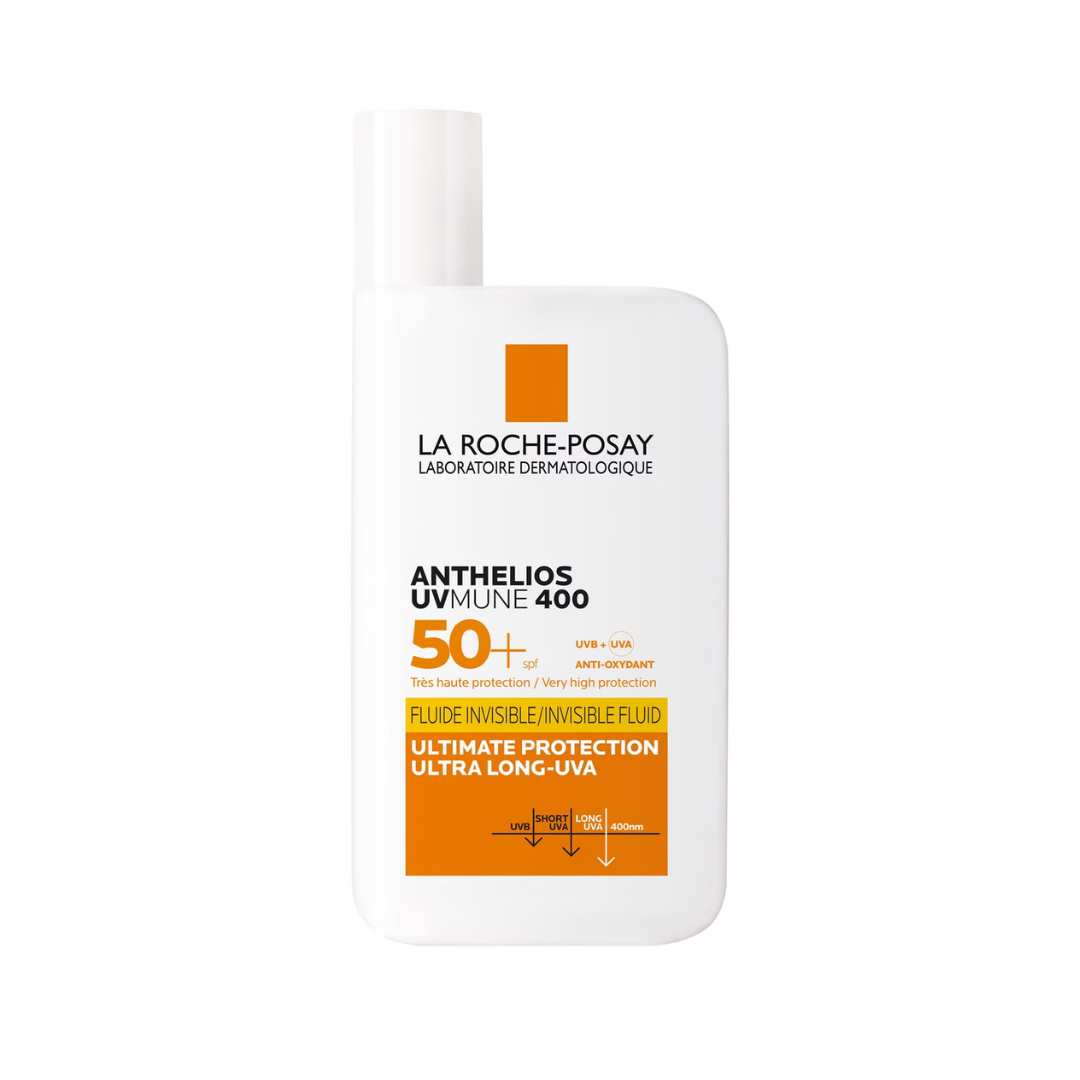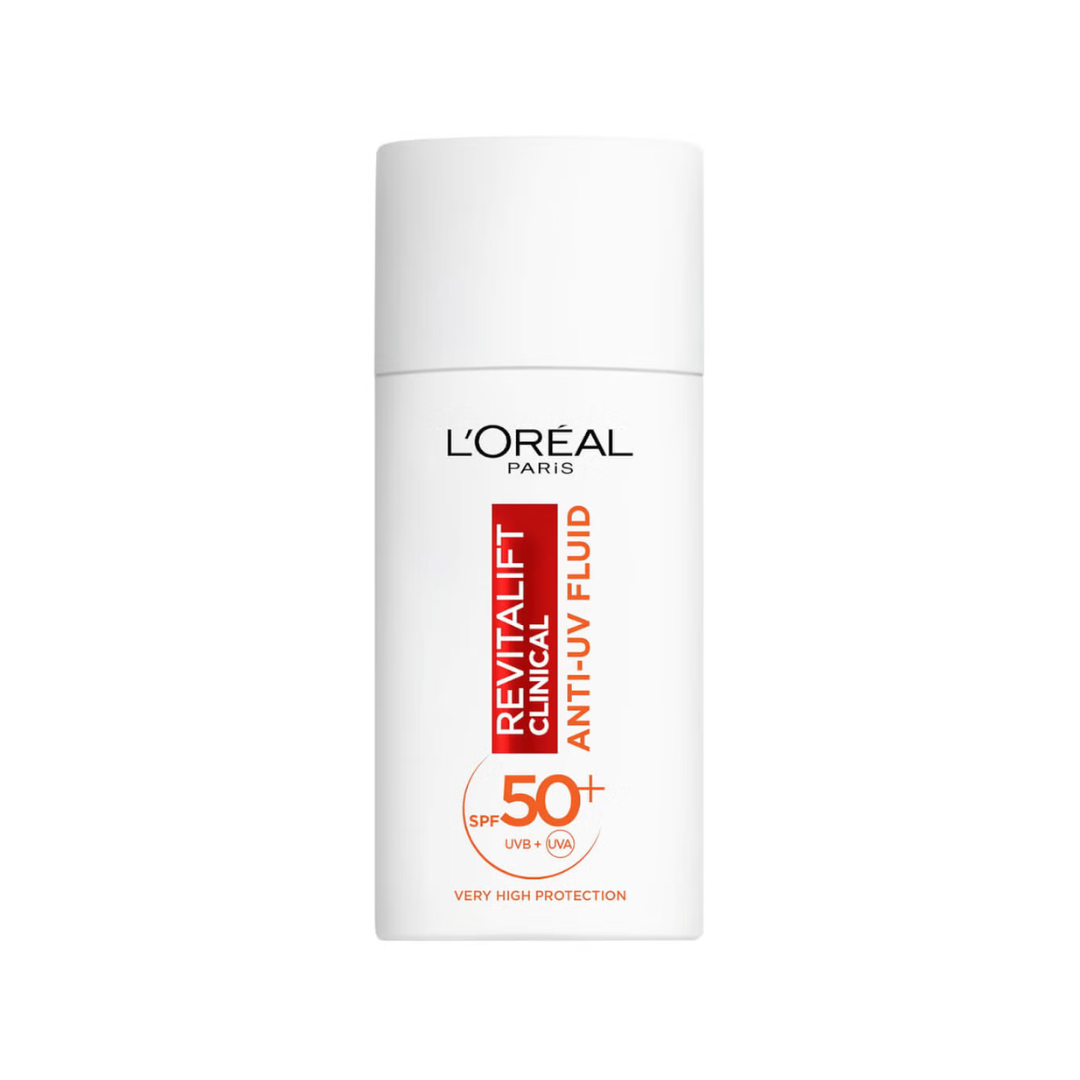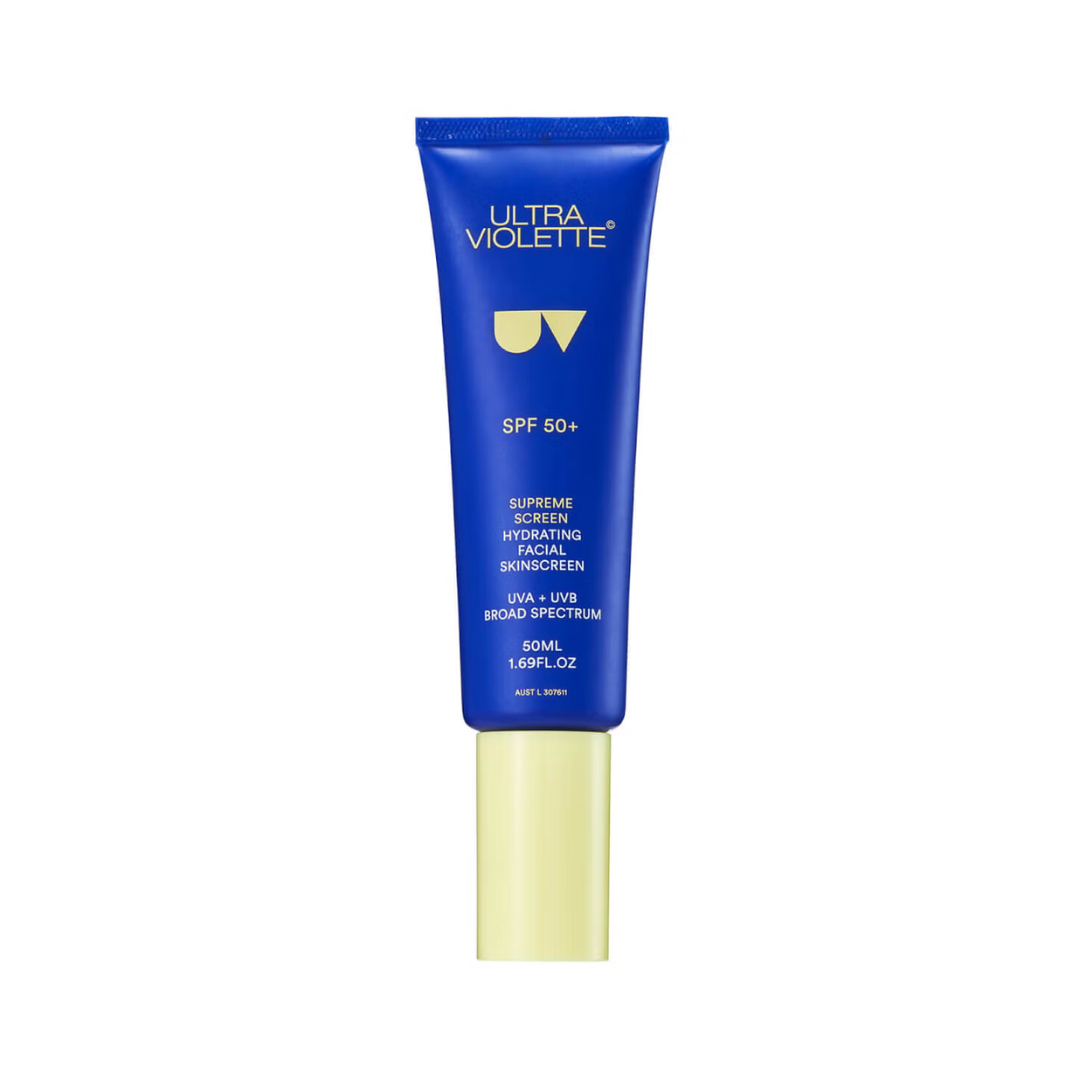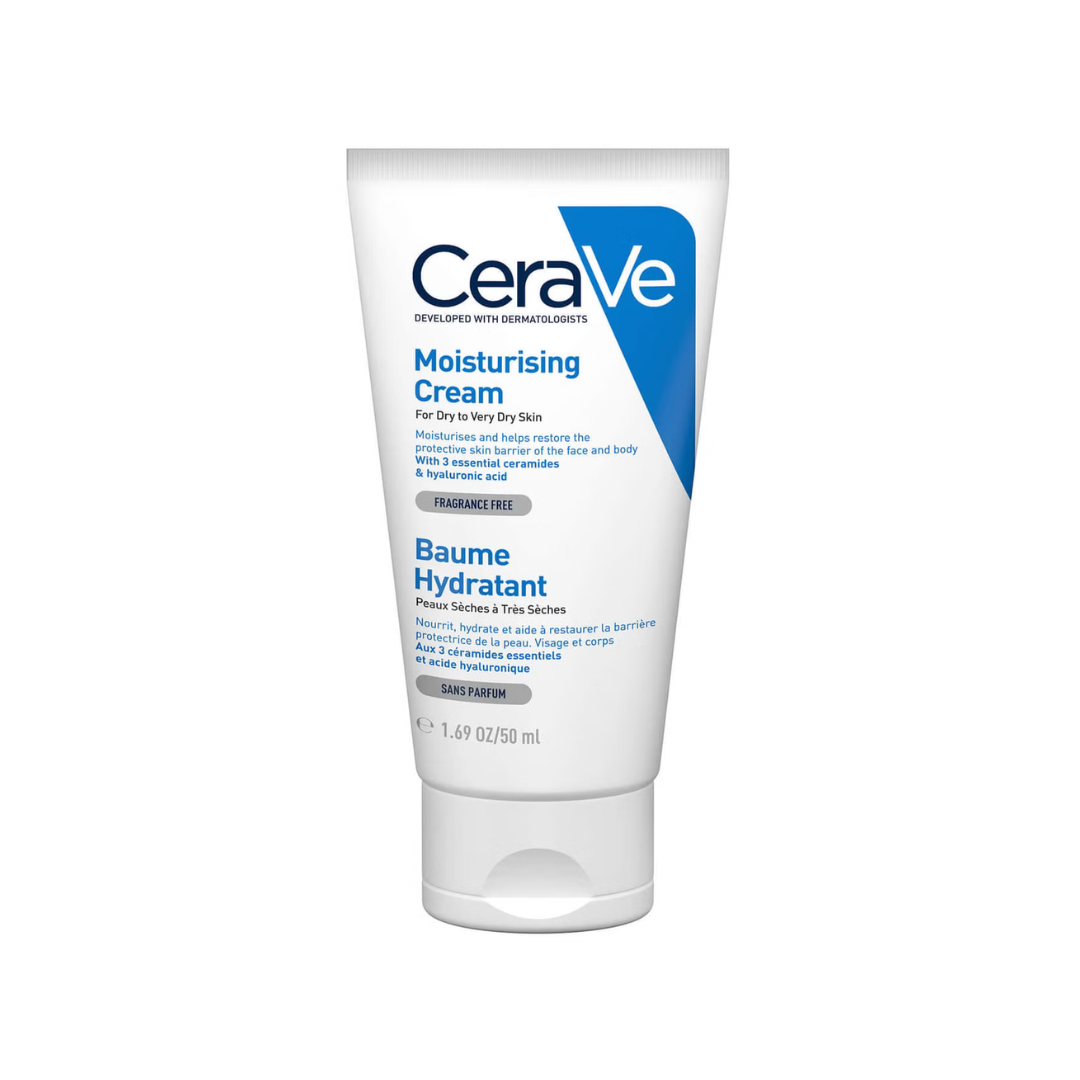Most of us forget to apply SPF to this one body part—and it shows
Dry ears? We've got you

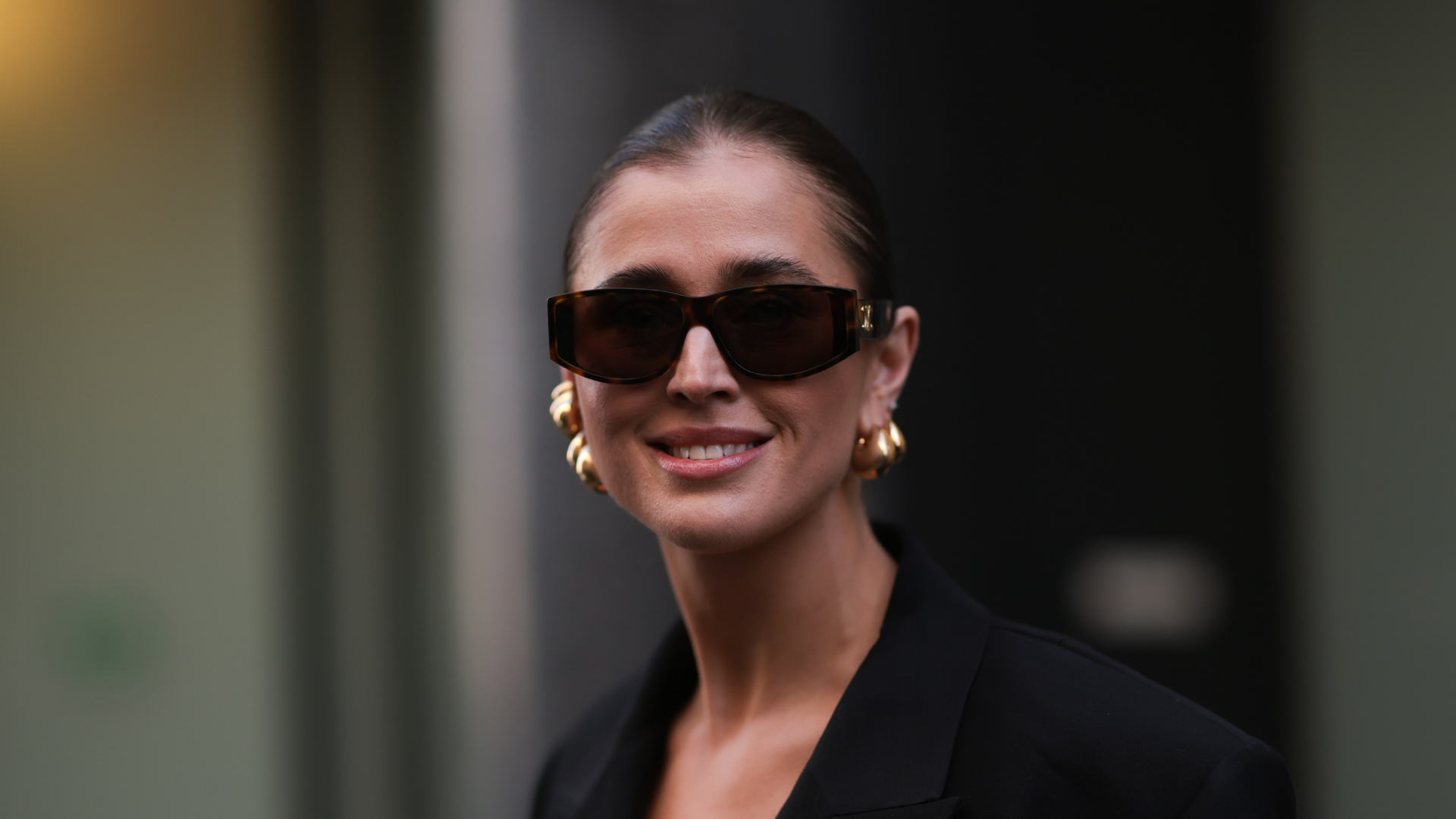
Have you noticed the skin on your ears is drier than usual recently? You are far from the only one—in fact, dry ears has recently been a talking point in the Marie Claire UK offices. But aside from being a common phenomenon, why does this actually happen?
You’re in luck, as I’ve put this slightly niche skincare question to the experts. I asked two consultant dermatologists to explain the potential causes of dry skin on and around the ears, what you can (and shouldn’t) do to manage it (SPF plays a big part), and when you should see your doctor to discuss.
What causes dry ears?
Generally speaking, dry skin on the ears is usually down to an external factor (or factors) or an underlying condition. Dr Mary Sommerlad, consultant dermatologist at Self London, tells me that there are four key causes: inflammation, irritation, environmental or ageing, all of which she elaborates on below.
- "Inflammatory causes affecting the ears include eczema, psoriasis and seborrhoeic dermatitis. Irritation can be caused by an allergy, especially to metals in jewellery or in-ear medications."
- "Irritation can also be caused by over-cleansing, not properly washing off rinse-off products like shampoos, irritant hair products coming into contact with the ears (for example, dyes or chemical straighteners)."
- "Environmental factors such as winds, excessive sun exposure and low humidity can dehydrate the skin leaving it feeling dry."
- "As we age, we naturally reduce the ability to maintain hydrated skin owing to changes in the structure of the skin."
However, Dr Sommerlad notes that dry ears can be a result of a few different factors at once. “The transitional weather of spring can trigger dry ears due to fluctuations in humidity (such as air conditioning on warm days, central heating on warmer days), potential allergens such as pollens being in higher circulations, [or] spending more time outside where the sun and wind may dehydrate the skin further," she says. So, if your ear dryness is recent and a new thing for you, it could be down to the changing seasons or post-warm weather spell. "This is also a time [of year] when people may experiment with new hair products that can irritate the skin,” she adds.
There are a few different longer-standing conditions that can also cause dry ears, which Dr Ellie Rashid, consultant dermatologist at OneWelbeck, explains in more detail below. She also notes that these conditions can also be triggered and worsen as a result of environmental factors or central heating.
- “Ear eczema is a common cause that results in a range of symptoms including slight dryness and mild itch to severe itch, splitting of the skin and infection."
- "Seborrheic dermatitis, triggered by an overreaction to a harmless yeast on the skin, results in flaky, yellowish skin, especially in the ear canal and behind the ears."
- "Psoriasis, another chronic skin condition, can cause red, dry, scaly patches that may appear on the ears."
- "Contact dermatitis can result from an eczema-like reaction following exposure to an allergen, such as metals in jewellery, or allergens in products, like shampoo or face wash."
What to do if you have dry ears
Overall, in the case of excessive, continuous and/or unusual dryness—or if you’re concerned for any other reason—your first port of call should always be your GP or, if you have one, your dermatologist. “If the dryness is persistent or the skin on and around the ears very itchy, weeping, or the skin is splitting, then it is best to seek advice from a healthcare professional," Dr Rashid stresses. "Increased redness, warmth, swelling, or pus may indicate an infection.”
In the case of general dryness, applying moisturiser might intuitively feel like the quick fix, but a regular skincare routine for your ears isn’t necessary—in fact, you might cause more issues. “Our ears have a great blood supply and are rich in sebaceous glands so naturally do not usually need additional skincare,” Dr Sommerlad explains. “In fact, applying moisturisers may upset the delicate balance of the skin microbiome, making dryness worse.”
Celebrity news, beauty, fashion advice, and fascinating features, delivered straight to your inbox!
That’s not to say you shouldn’t apply anything at all to this area. “Ears do need sunscreen if and when sun exposed, especially if a wide-brimmed hat is not being worn to prevent sun damage, which can contribute to drying,” Dr Sommerlad explains. “If your ears are persistently dry, do see a doctor as you most likely have a medical condition that needs addressing.” Your doctor may prescribe treatment for the underlying cause of your dry ears, which is why it’s important to see them before taking matters into your own hands in these cases.
Otherwise, get into the habit of regularly applying the best sun cream to your ears, but use moisturiser on an ad-hoc basis. (It's worth ensuring your ears are well-rinsed of products like shampoo, conditioner and hair masks, too.) “If the ears need a regular moisturiser I would be concerned about an underlying medical issue,” Dr Sommerlad confirms. “I would say a one-off use of moisturiser after a sunburn or if you are about to do something in very windy or very dry [conditions], for example, a desert activity, is reasonable.” As mentioned, a wide-brimmed hat is sensible in the summer, while Dr Rashid recommends a hat that covers the ears or earmuffs, AKA your winter option.

Lucy is a freelance beauty editor and contributor at Marie Claire, and has also written for titles including Cosmopolitan, Refinery29, Glamour and woman&home. She was previously Marie Claire’s junior beauty editor. During her career, she’s covered everything from backstage beauty at fashion week to interviews with famous faces like Drag Race royalty and Little Mix. As for her beauty ethos, she’s a big advocate for not having to spend a fortune on beauty products to get good results. When she’s not got beauty on the brain you’ll probably find her reading or Netflix-ing.
